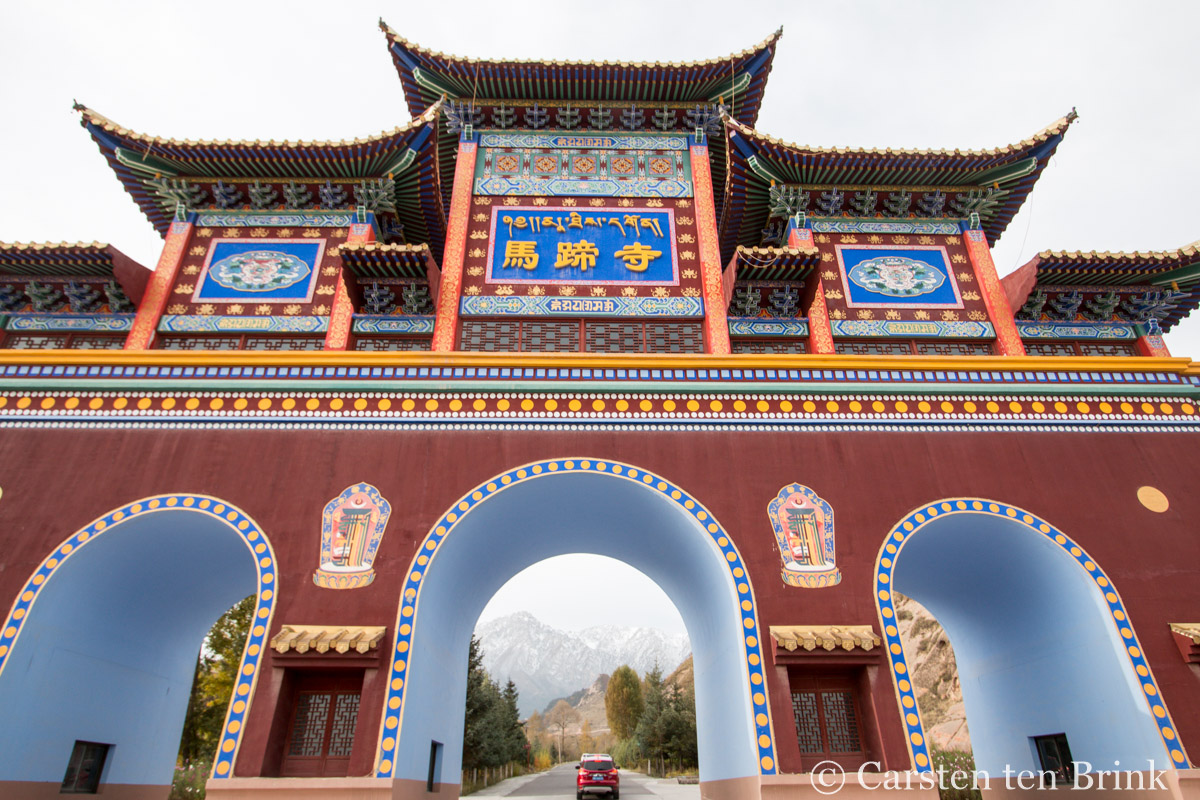“Islam is a political ideology that wants to overthrow the U.S. Constitution.”
“Islam is an ideological illness.”
These are just a sampling of statements and accusations I come across on a daily basis in my role as a researcher on Islamophobia. While such pernicious declarations are most visible on social media platforms, mainstream politicians, the media, and academics are also increasingly sharing and promoting the discriminatory views underlying these claims.
Today, efforts to delegitimize the Islamic faith in the United States include anti-Sharia bills and opposition to the establishment of mosques. These actions have been decades in the making and are a result of the heightened anti-Muslim rhetoric following attacks on 9/11. In the following days, months, and years politicians, academics, and the media manufactured a “war on terror” discourse building on orientalist tropes depicting Islam and Muslims as inherently violent, foreign, and dangerous. Conspiracy theories aimed at distorting, fabricating, and promoting false depictions of Islam and Muslim spread as governments, think tanks, media networks, anti-Muslim talking heads, and politicians positioned Islam and Muslims as the “other.”
This rhetoric was needed to sell the two wars in Muslim-majority countries to the American public and expand American imperialism under the guise of an international “Muslim threat”. Delegitimizing the beliefs of billions of people was a tactic used to support the interests of the powerful and sold to the average person as the reason for their grievances. From the media and within academia, there was a plethora of analysis and ‘research’ into “radical Islam” and “political Islam,” described by Professor Sahar Aziz as “vague and pejorative labels.” Such characterizations were designed to skew the picture and build a narrative around the exceptionalism of Islam: namely that it was more than just a faith and it’s followers needed to be viewed through a security lens.
Conspiracy theories aimed at distorting, fabricating, and promoting false depictions of Islam and Muslim spread as governments, think tanks, media networks, anti-Muslim talking heads, and politicians positioned Islam and Muslims as the “other.”
Such efforts to slander and delegitimize Islam as a political ideology that supports and promotes terrorism has been exported and appropriated by states across the globe. In China, the ruling party justifies its concentration camps, now detaining at least one million Uighur Muslims, as “re-education centers” and “hospitals” intended to root out extremism and cure Muslims of an “ideological illness” – this being Islam. The ultimate aim of the current repression against the Uighur Muslims is to eradicate Muslim identity: anything connected to Islam is viewed as a threat to the interests of the state. China is a secular state and its repression against religion isn’t new, but its attempt to eliminate Uighur Muslim identity is unique in that the Chinese Communist Party (CCP) has utilized a post-9/11 discourse, namely that Islam is not just a religion – it’s a violent ideology.
In the face of such efforts by those in power to strip Muslims of their human rights (right to freedom of thought, conscience, and religion), I’ve observed that the knee-jerk response from Muslim-led organizations in the United States has been to educate individuals about Islam. While I commend such actions, I cannot emphasize enough that we must move past solely relying on such action.
In China, the ruling party justifies its concentration camps, now detaining at least one million Uighur Muslims, as “re-education centers” and “hospitals” intended to root out extremism and cure Muslims of an “ideological illness” – this being Islam.
As Dr. Nazia Qazi brilliantly writes, education about Islam will not dismantle the discrimination and racism faced by Muslims around the world; it will not dismantle the systemic and institutional Islamophobia that is pervasive in our society. It will not eradicate theconcentration campsin East Turkestan (Xinjiang), nor will it bring back thetens of thousandsof Rohingya murdered by the Myanmar military. We are almost two decades now since 9/11 and Islamophobia is rifer than ever.
Rather, we must ask questions that direct our attention to those who produce and promote such dehumanizing rhetoric. What is their agenda in their efforts to delegitimize Islam as a religion? What are their interests? What are the consequences? How is such dehumanizing rhetoric connected to larger systems of oppression? Where and how does power factor in? And so on. Otherwise, we will continue to follow a script written by the Islamophobes, which holds us hostage to proving our humanity while those in power strip us of our rights and in many cases our lives.
Mobashra Tazamal is an academic researcher on Islamophobia at Georgetown University.
Photo Credit





